There are many things that are written about Jesus Christ in the Bible, both Old and New Testaments. The prophets, patriarchs and apostles all have had their say about Him and have left us an indelible record of His life and ministry. But none have more forcibly and with greater conviction spoke of Him than He Himself.
God had delivered the Israelites, His chosen people, after four hundred years from Egyptian captivity. He led them to their encampment in the Sinai Peninsula, far out of the reach of their oppressors. Through the hands of His servant Moses, Jehovah had saved His people from the destructive influence of the Egyptians.
Moses was born a Hebrew. Having been miraculously saved as a baby from the ruling Pharaoh’s edict to destroy all the newly born Hebrew males, Moses was adopted and raised as an Egyptian by the Pharaoh’s daughter. He went from slavery to royalty. He would eventually rise to become the second in command to the pharaoh, the supreme ruler of Egypt. In the process of time, through some divinely appointed circumstances, Moses became aware of his Hebrew heritage. He was moved with deep compassion and an overbearing sense of responsibility as he saw his people suffering under rod of the Egyptian taskmasters.
Upon witnessing the merciless flogging of a helpless, aged Hebrew, Moses confronted the oppressor and slew him. Fearing for his own life, Moses departed Egypt and dwelt in the land of Median several miles away. He became connected with the Priest/King of the Median kingdom, married his eldest daughter and settled into the occupation of a shepherd. He had, in short order, transitioned from prince to sheep herder.
Forty years had passed when Moses had an encounter that would change not only his life; but that of his people and ultimately, the course of human history. That encounter was with the God of the Hebrews. Whilst tending the flock of his father-in-law Jethro, Moses came upon a scene, unlike any he had seen before, in which fire was burning in the bushes but they were not consumed. As he drew closer, he heard a voice speaking to him and realized that it was the voice of the God of his people and of his fathers. Having identified Himself to Moses, God revealed to him the mission for which he was chosen to accomplish—to deliver God’s people from Egyptian bondage. God explained to Moses, “Come now therefore and I will send thee unto Pharaoh, that thou mayest bring forth My people, the children of Israel out of Egypt” (Exodus 3:10).
Moses not only began to question God’s requirements of him; but related to God all the reasons why he was unable to go on the appointed mission. But God assured Moses of a victorious enterprise by overcoming all of his objections. Having no more objections to present to God, Moses finally asked, “Behold, when I come unto the children of Israel, and shall say unto them, The God of your fathers hath sent me unto you; and they shall say to me, What is his name? what shall I say unto them?” God responded, “I AM that I AM…Thus shalt thou say unto the children of Israel, I AM hath sent me unto you” (Exodus 3:13-14).
It would be almost two thousand years later and Moses, along with all those whom God had empowered him to deliver from Egyptian bondage, had passed off the stage of human history. It was then that Jesus Christ, the promised Messiah, whom Moses, the prophets and patriarchs had talked and written about, would appear. However, most of the leaders of Israel would not accept Him. In fact they continually sought for ways to discredit, confront and malign Him. On one such occasion Jesus made it abundantly clear to them who He truly was.
He was appealing to the religious leaders that if they would only believe in Him, He would set them free. The proud leaders boldly retorted that they are the children of Abraham and therefore are not in bondage. Jesus countered, to their utter consternation that Abraham not only desired, but rejoiced to see Him. Of course, both they and Jesus were referring to the Old Testament patriarch through whom God had promised to bring the Messiah. Such a declaration from Jesus raised the ire of the Jews who passionately inquired of Jesus how could He had seen Abraham considering the fact that He [Jesus] was not even fifty years old.
Jesus alarmed them by informing them that He was verily the One that spoke to Moses on the Mount Horeb amidst the burning bush. His response was so abhorrent to them that they gathered stones to stone Him to death. For Jesus declared, “Before Abraham was, I Am” (John 8:58).
Jesus Christ, the Great I Am, the One from everlasting to everlasting (Micah 5:2) repeatedly expounded on who He truly was during His sojourn on planet earth. He once encountered a woman who came to draw water from a well where He was seated. Jesus tactfully began engaging her in conversation. He informed her that He has water to give her and if she would drink of it she will never thirst again and would have everlasting life. The woman was curiously amazed at His offer. First of all, she noticed that He had no container with which to draw water from the well. Secondly, she was a Samaritan. This was a group of people with whom the Jews had no dealings. Jesus of course was a Jew. Further, Jesus, whom she had never met before, began to unveil the story of her entire life in a manner that convinced her that He knew her intimately. She soon realized that the person with whom she was speaking was no ordinary man. She did had one thing in common with Jesus. She was also of the seed of Abraham and, not unlike the Jews, looked forward to the coming Messiah. She expressed this thought to Jesus. He fondly responded, “I that speak unto thee, Am He” (John4:26).
The woman became so excited that she dropped her water pot and returned to her village to inform them that she had met the Messiah. Many of her hearers responded by immediately coming to meet Jesus. Upon realizing that her words were true, they invited Him to spend the next two days with them. He accepted their invitation and many more believed on Him for who He said He was, the Great I Am.
Besides the Samaritans, there were many others who believed that Jesus was indeed the Great I Am. Among them was the family of Mary, Martha and Lazarus. They were very closely attached to Him. Sadly, Lazarus fell ill and died. Jesus was away from their village preaching the kingdom of God when the word got to Him that His good friend had died. He did not appear to be deeply concerned about the news of the death of His very close friend. In fact He continued on His mission for four days before He came to Bethany, the village of His dead friend, Lazarus and his sisters Mary and Martha. Upon hearing of the approach of Jesus, Martha, with tears in her eyes and pain her heart, ran to meet Jesus and fell at His feet. She expressed the deepest sorrow of her heart coupled with the greatest hope of her life: “If you had been here, my brother would not have died, but…I know that he shall rise again in the resurrection at the last day”. Jesus responded with these words of assurance and comfort, “I Am the resurrection, and the life: he that believeth in me, though he were dead, yet shall he live” (John 11:21, 24-25). He then inquired where his friend Lazarus was buried, and upon finding out, proceeded to resurrect him from the grave. He thus declared and demonstrated that He is the life giver, the Great I Am.
In His purposeful efforts to convince His hearers, particularly the Jewish leaders, of His true identity, position and purpose, Jesus was rejected at every turn. Nevertheless, to those that accepted Him, He was indeed the Great I Am. They believed, as He said of Himself that He is the Light of the world and that those that follow Him would not walk in darkness, but would have the Light of life (John 10:12). When those that followed Him and witnessed His feeding the five thousand with five loaves and two fishes, His declaration that He is the Living Bread that came down from heaven and if they partake of it they will live forever (John 6:51) were comforting words indeed. To the shepherds who flocked to hear Him, Jesus uttered these words, “I Am the Good Shepherd” (John 10:11). His revelation that He would give His life for them was the testimony that He was none other than the Great I Am. His pronouncement, “I Am the door” (John 10:9) gave them further assurance of who He truly was, the Great I Am.
As with Moses on the Mount Horeb, the woman at the well along with your entire village, Martha, Mary and Lazarus in Bethany, the company at the feeding of the five thousand, the shepherds and those who today accept Him, He is assuredly the Great I Am. He has left us this blessed hope, “Let not your heart be troubled: ye believe in God, believe also in me. In my Father’s house are many mansions: if it were not so, I would have told you. I go to prepare a place for you. And if I go and prepare a place for you, I will come again, and receive you unto myself; that where I am, there ye may be also…I am the way, the truth, and the life: no man cometh unto the Father, but by me” (John 14:1-3, 6).
What besets you today? With Jesus, there is no burden you’re too weak to bear, no challenge you cannot face and no obstacle you are unable to overcome; for He is the answer to every trial of your troubled breast. He is your Great I Am…

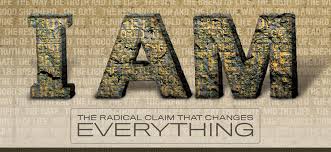
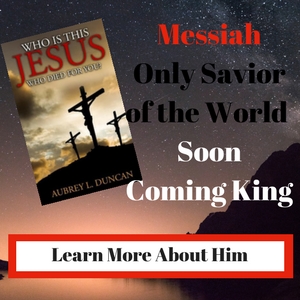
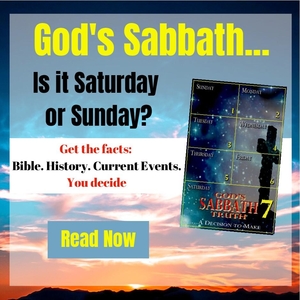

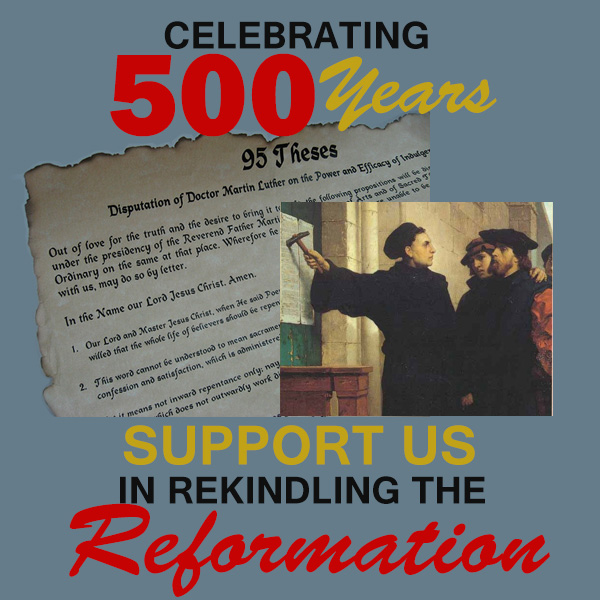
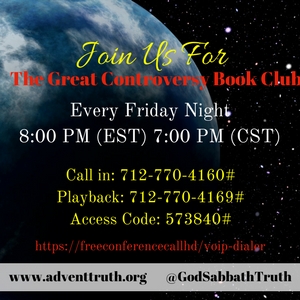
Leave A Comment